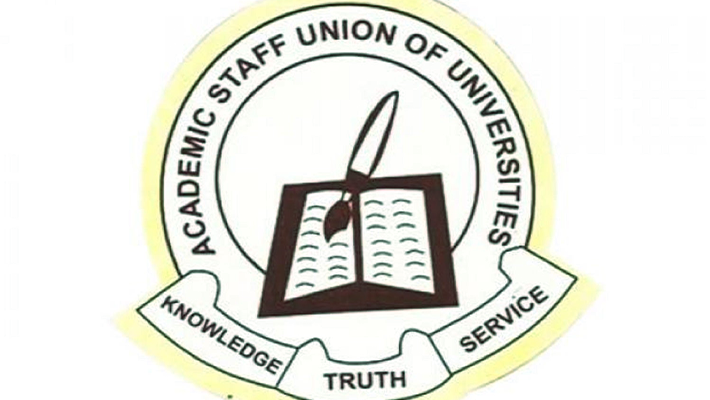The Academic Staff Union of Universities (ASUU) has raised alarm over the federal government’s continued failure to address key demands outlined in the draft renegotiated 2009 FGN/ASUU Agreement, warning that the neglect could trigger another round of industrial unrest.
Central to the lecturers’ agitation are the unresolved issues of the 2009 agreement renegotiation, sustainable funding for universities, revitalisation of university infrastructure, payment of outstanding salary arrears ranging between 25% and 35%, four years of accumulated promotion arrears, and the withholding of three and a half months’ salaries, alongside other unpaid entitlements for staff.
Speaking at a press conference in Asaba, Prof. Monday Igbafen, ASUU Benin Zonal Coordinator, noted that since the suspension of the union’s last strike in October 2022, the federal government has failed to honour its commitments towards improving the welfare and working conditions of university staff. He was joined at the briefing by eight branch chairmen from the zone.
Prof. Igbafen stressed that ASUU members would no longer tolerate what he described as the insensitivity of both state and federal governments. He stated:
“We are convinced that now is the time to get them, once and for all, to comprehensively address all the matters related to the welfare of our members and the continued existence of affordable university education in Nigeria. We are equally determined to take necessary steps to press home these demands.”
He further warned that the education sector is “on the precipice,” urging students, parents, civil society organisations, the Nigerian Labour Congress (NLC), the press, and other stakeholders to prevail upon government at all levels to honour existing agreements and halt further decline in the nation’s university system.
According to him, the satisfactory renegotiation and implementation of the 2009 agreement remain the only lasting solution to the worsening conditions of service, chronic underfunding, and governance challenges confronting universities in Nigeria.
“It is unimaginable that, in the face of daily skyrocketing prices of basic goods and services, university lecturers are left to endure a poor salary structure that has remained unchanged for sixteen agonising years,” Igbafen lamented.





